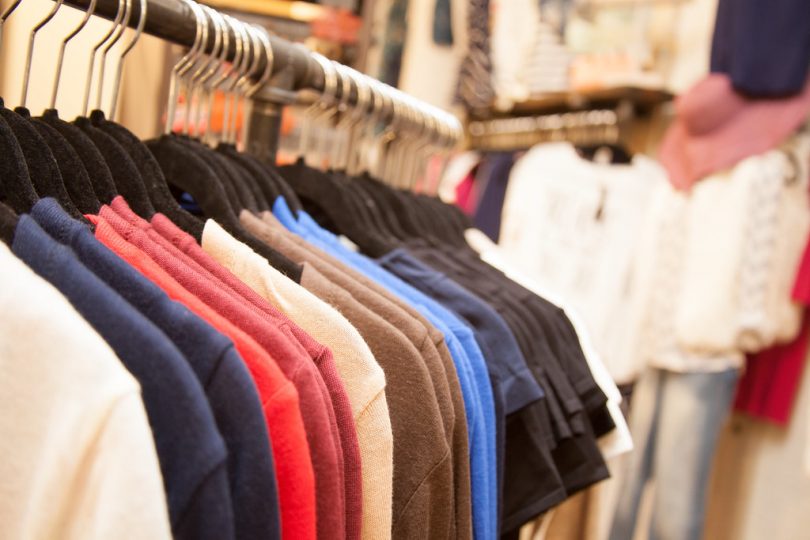The 2019 Ethical Fashion Report by World Baptist has revealed which fashion companies are the most ethical.
The sixth annual report awarded 130 companies an overall letter grade based on a combination of factors, including their gender equality and living wages policies, and their ability to mitigate against exploitation.
Click below to explore letter grades.
Etiko, Liminal Apparel and Outland Denim were some of the highest scoring brands, all receiving an A+.
Adidas, Kathmandu and Patagonia also fared well, receiving As.
Ally Fashion, Camilla and Marc and Lowes were among the brands who declined to participate in the fashion report, resulting in automatic Fs.
This year’s median letter grade was a C+, with only seven companies receiving an A+ and 17 companies receiving an F.
The report notes while fashion companies have made progress in terms of sustainability, there is still work to be done in regards to worker empowerment.
“Not being paid a living wage is one of the most significant issues faced by fashion supply chain workers,” the report said.
“The benefits of receiving a living wage would be nothing short of life-changing.”
Approximately 14% of companies were able to demonstrate paying a living wage to their workers at the final production stage, while only 5% of companies enforce a living wage during raw materials production, including Etiko and Kathmandu.
Although more companies enforce a living wage at final stage production than at any other stage, this is also the stage where the largest proportion of companies could not demonstrate paying a living wage.
Bardot, Lacoste and UNIQLO are three of 68 brands which do not enforce a living wage during final stage production.
This year’s report said “whilst the fashion industry’s progress towards understanding the importance of a living wage is promising, much more work needs to be done in order to ensure workers receive the living wage they deserve”.
“For the majority of workers in the fashion industry, wages are so low that it leaves them, and their families, trapped in the cycle of poverty.”
The report notes all countries in the Asia-Pacific region record a gender pay gap, despite contributing 43 million workers to the global industry.
According to the report, women represent 80% of global garment workers in 2019.
More than half of fashion companies do not have a gender equality policy in place; only 42 of the 130 companies have a policy addressing gender equality, and 37 of the companies responded to having a ‘partial’ policy in place.
“Gender-based discrimination in recruitment, and sexual harrasment, are widespread in the workplace,” the report said.
For more information on the 2019 Ethical Fashion Report head to https://baptistworldaid.org.au/resources/2019-ethical-fashion-report/.
(Featured Image: “On the Rack” by bellaellaboutique is licensed under CC BY-SA 2.0)

